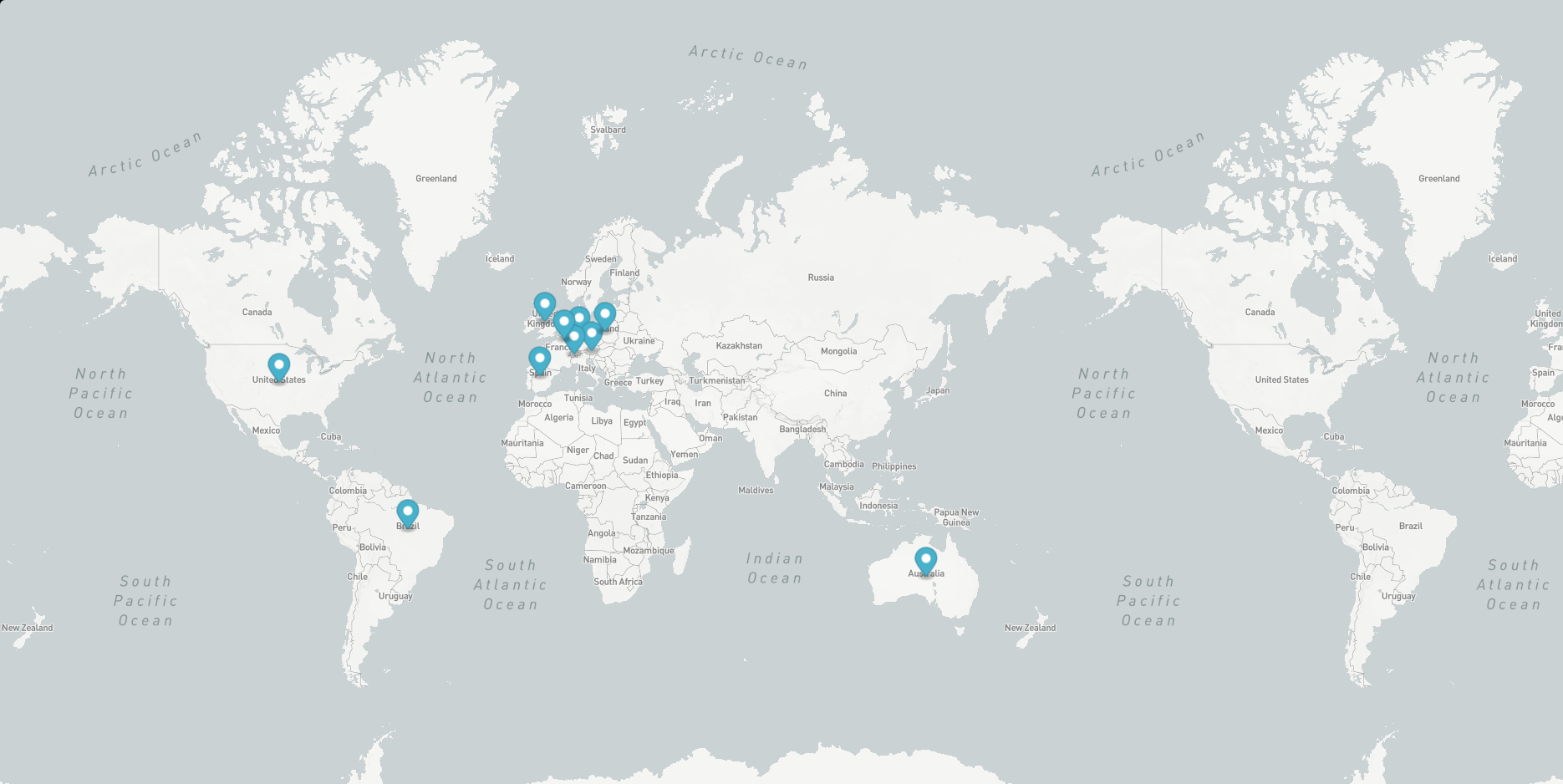
A volunteer team of researchers led by Rafael Ferreira da Silva of the US Department of Energy’s Oak Ridge National Laboratory (ORNL) and Kyle Chard of the University of Chicago (UChicago) has launched the Workflows Community Initiative (WCI), a platform that aims to provide a centralized source for resources, training, workshops, job opportunities, and news to scientists and developers working with workflows. The WCI currently has 68 members and is managed by a nine-person leadership team, a steering committee, and a technical lead representing 24 companies and institutions from around the world.
Scientific workflows are the automated processes used to organize, process, and manage data as it moves through computational analysis. Efficient workflows are essential to modern high-performance computing, in which scientists can process terabytes of data, but so far their research and development has largely taken place at the individual or small-team level without a focus on extended collaboration and reproducibility. Ferreira da Silva and Chard founded the WCI to solve this problem.
“What happens is that every person finds a solution that works for them, but nobody can reproduce the work. We want to reduce the number of systems that are developed every single day and increase interoperability, collaborations, and reproducibility,” Ferreira da Silva said. “The goal is bringing the community together—for people to have a common place to find information about what is happening with workflows and what the community is focused on.”

Individuals interested in joining the initiative can sign up for a monthly newsletter, join the group’s Slack channel, or become a full member. All options are free. In addition to general resources, the WCI also offers working groups and regular Workflow Community Summits that address workflow challenges and solutions. The initiative is planning to expand its presence to major supercomputing conferences, including the International Conference for High Performance Computing, Networking, Storage, and Analysis (SC) and the ISC High Performance conference. The WCI organizers are also working on developing training to support workflow users and their research.
“If we can provide better training to these users, and if they can understand workflow systems, why they need to use them, and which system would work better for their needs, then this would be a win-win for everybody,” Ferreira da Silva said.
More information about the WCI can be found at workflows.community.
Source: OLCF News